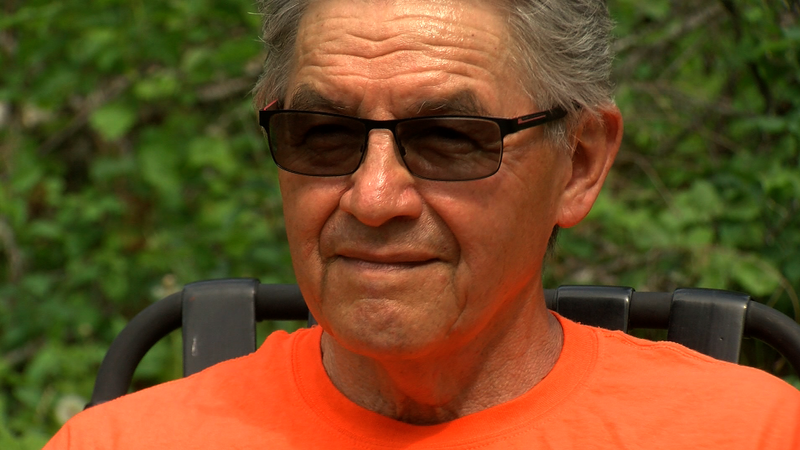
More reconciliation needed to right wrongs of the past: Nathan Matthew
KAMLOOPS — The recent discovery of 215 unmarked graves on Tk’emlups te Secwepemc has opened up wounds for residential school survivors and others impacted.
“It just brings back the realization that there’s real evidence out there that all the negative stuff has happened,” noted former administrator at the Kamloops Residential School Nathan Matthew, who’s also the former chief of Simpcw First Nation near Barriere. “It doesn’t take much reflection to bring up that understanding that the residential school system and what happened to those children is just part of a much larger, more comprehensive, purposeful, strategic plan of cultural genocide.”
It’s also brought to light the lack of progress in reconciliation with First Nations across the country following the Truth and Reconciliation findings were released in 2015 with 94 calls to action for the federal government.


